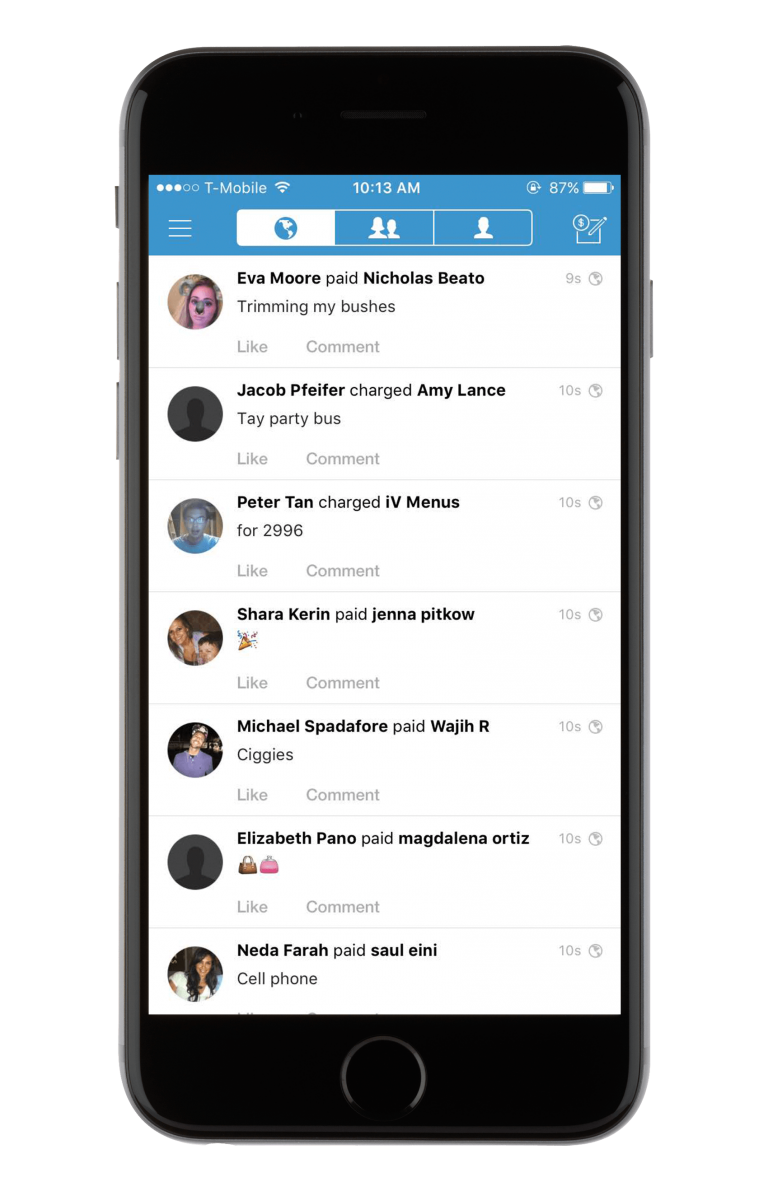

PayPal was down nearly 4% on Wednesday, continuing a two-week decline that started when the company reported at the beginning of February a disappointing fourth quarter and weak guidance, Barron’s reported. Therefore, using digital wallets like Venmo, PayPal, and Cash App incurs expenses, which will ultimately affect your cash flow. This is because sellers (in this case, landlords) must pay fees for providing goods and services.
#Venmo transaction fee plus#
Venmo: Which Is Better?įind: Avoid Tax Ramifications by Ensuring Your PayPal Transactions Aren’t Accidentally Taxed Venmo charges landlords 1.9 plus 0.10 for each financial transaction. “The changes will be effective for both PayPal and Venmo customers on March 21, 2022.” Effective May 23, 2022, Venmo charges a fee of 1.75 for the instant transfer of money from your Venmo account to your bank account or your debit card. “This change is part of our ongoing commitment to provide transparency, ease of understanding and clarity to our customers,” a PayPal spokesperson told Barron’s. Transactions over $200 will carry a percentage fee, with those between $200 and $1000 having a 1.8% charge, and those over $1000, having a $1.5 charge. Venmo gives back 3 on groceries, 2 on bills and utilities, and 1 on other products or services you pay for using the credit card³. For transactions up to $4.99, there will be a $0.49 flat feel for transactions between $5 and $24.99, there will be a $0.99 flat fee for transactions between $25 and $74.99, there will be a $1.99 flat feel and for those between $75 and $200, there will be a $2.49 flat fee, according to an announcement on both websites. Then, crypto transactions up to $200 will carry a minimum flat fee.

Therefore, if someone pays your business 100 USD, you will receive 98 USD. This structure will change March 21, 2022, at 9 a.m. Each transaction is subject to a seller fee of 1.9 of the payment plus 0.10.


 0 kommentar(er)
0 kommentar(er)
